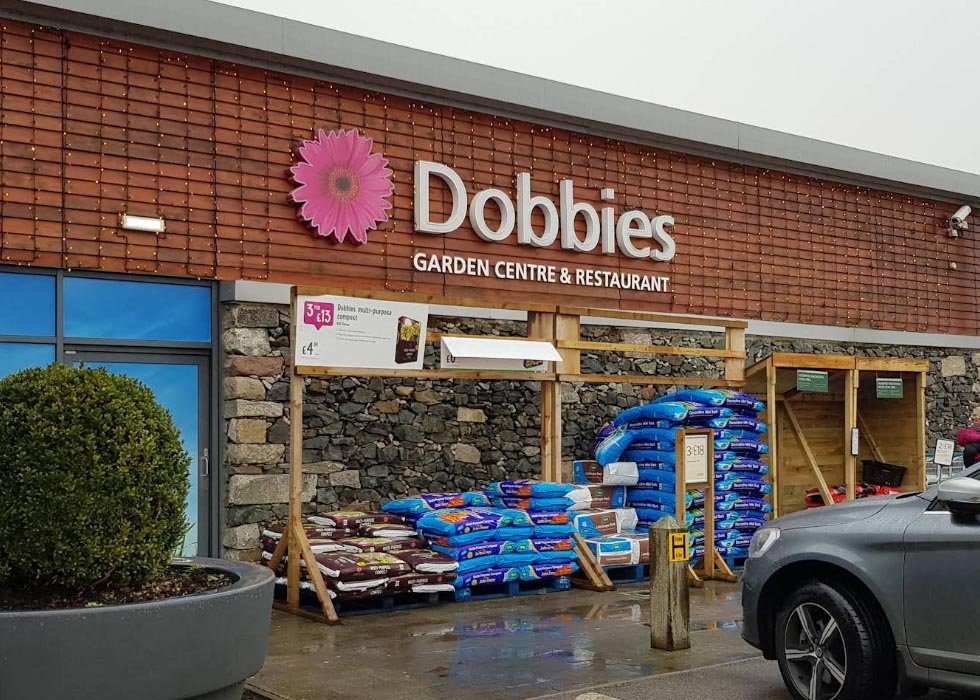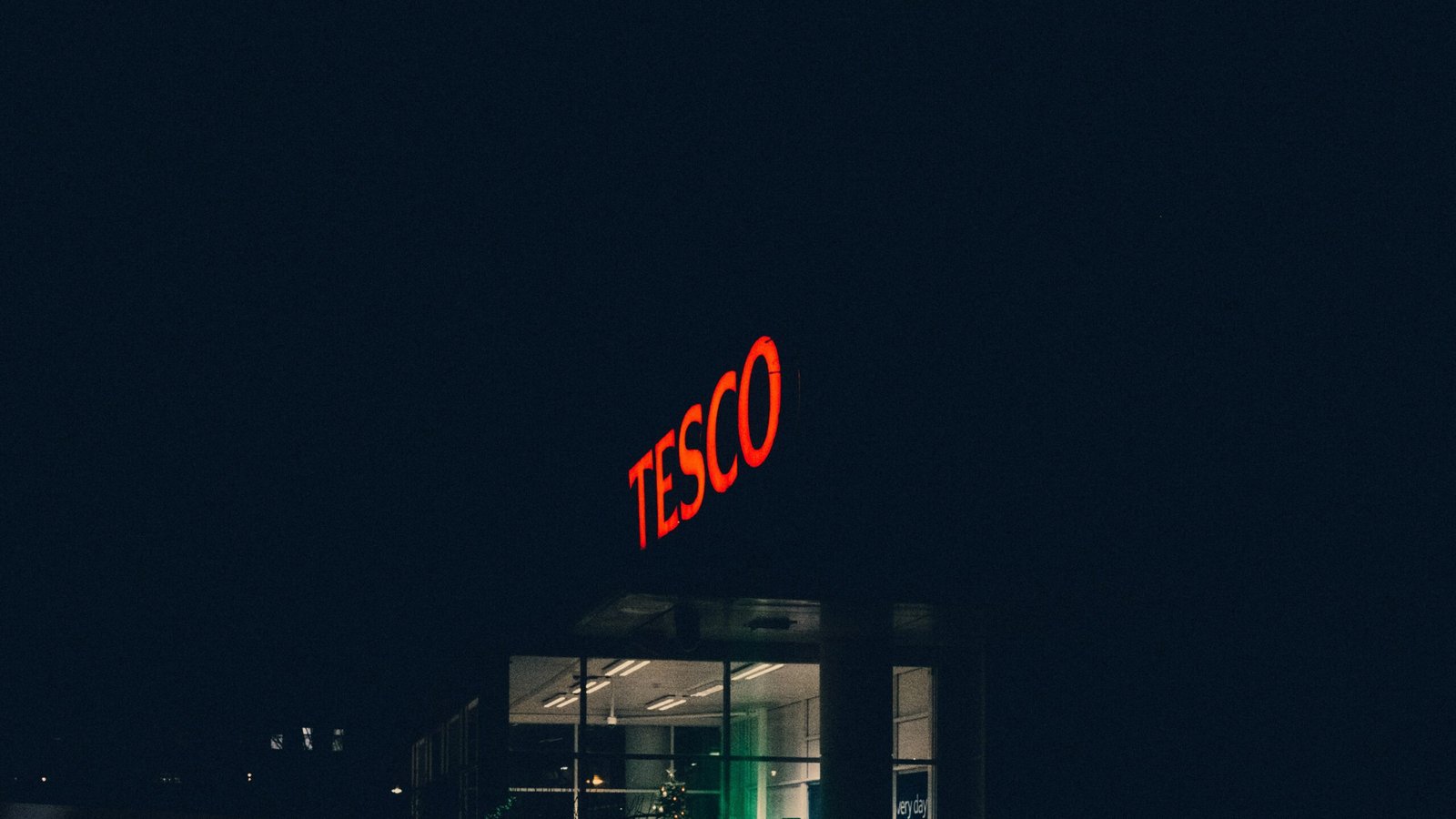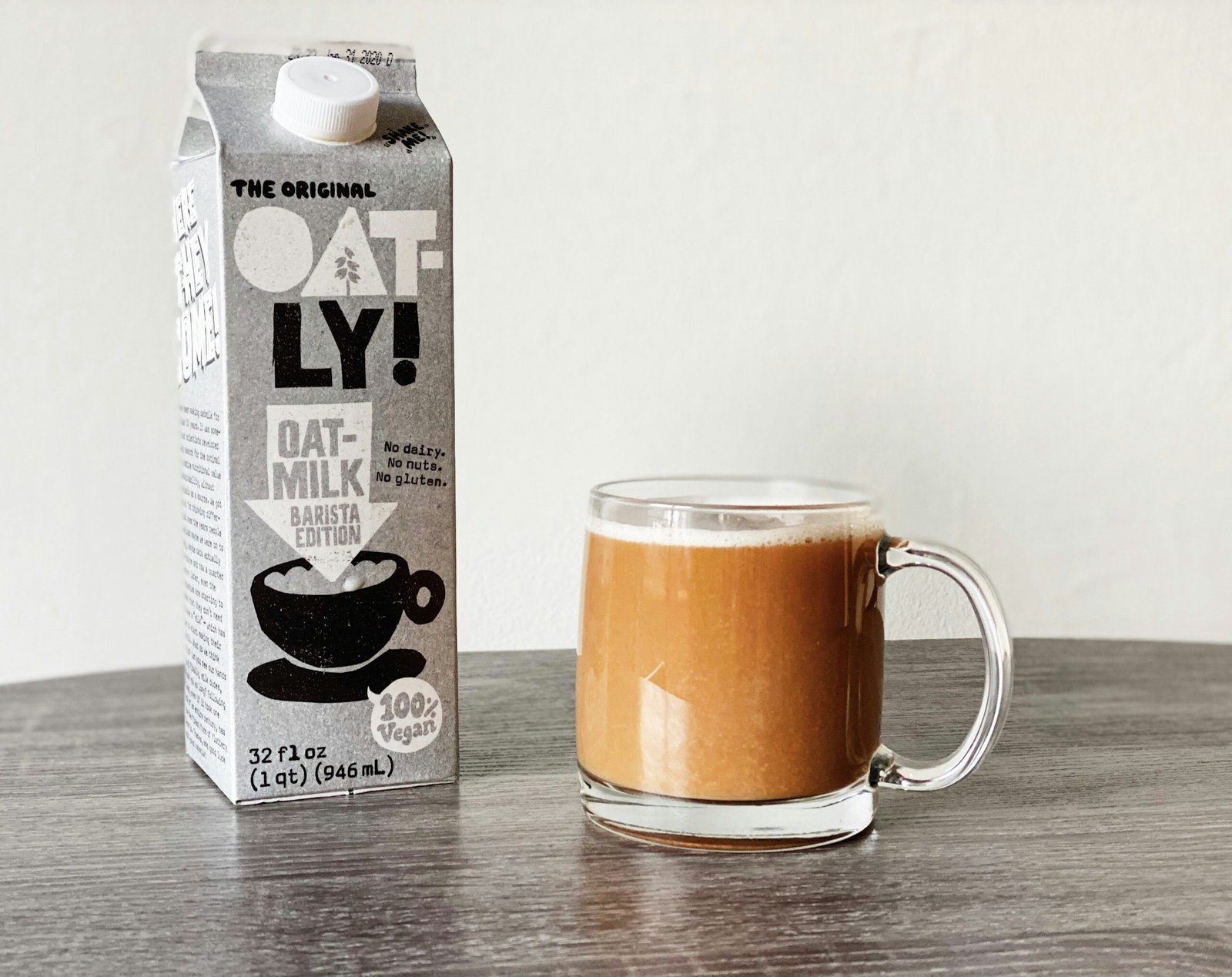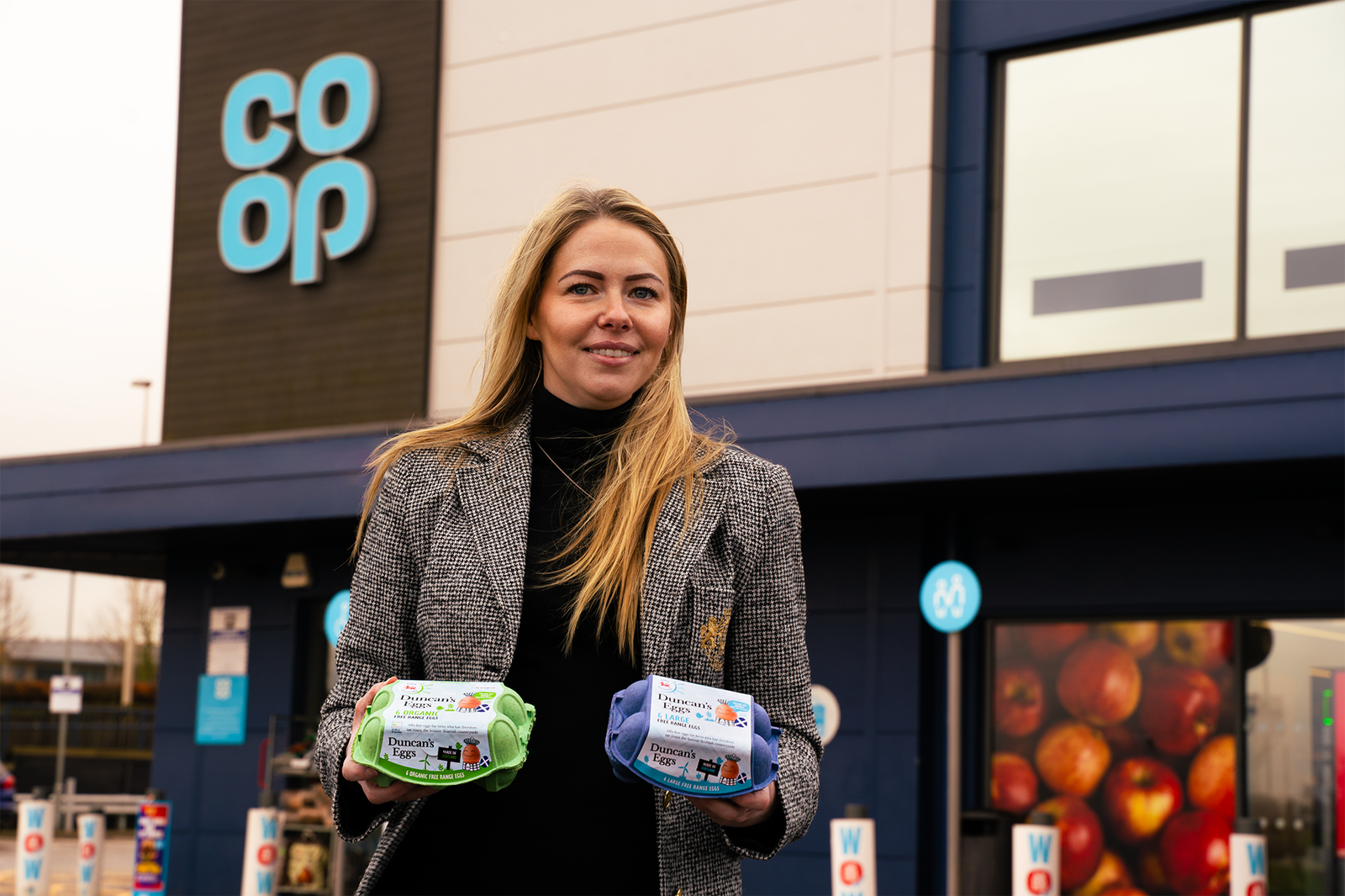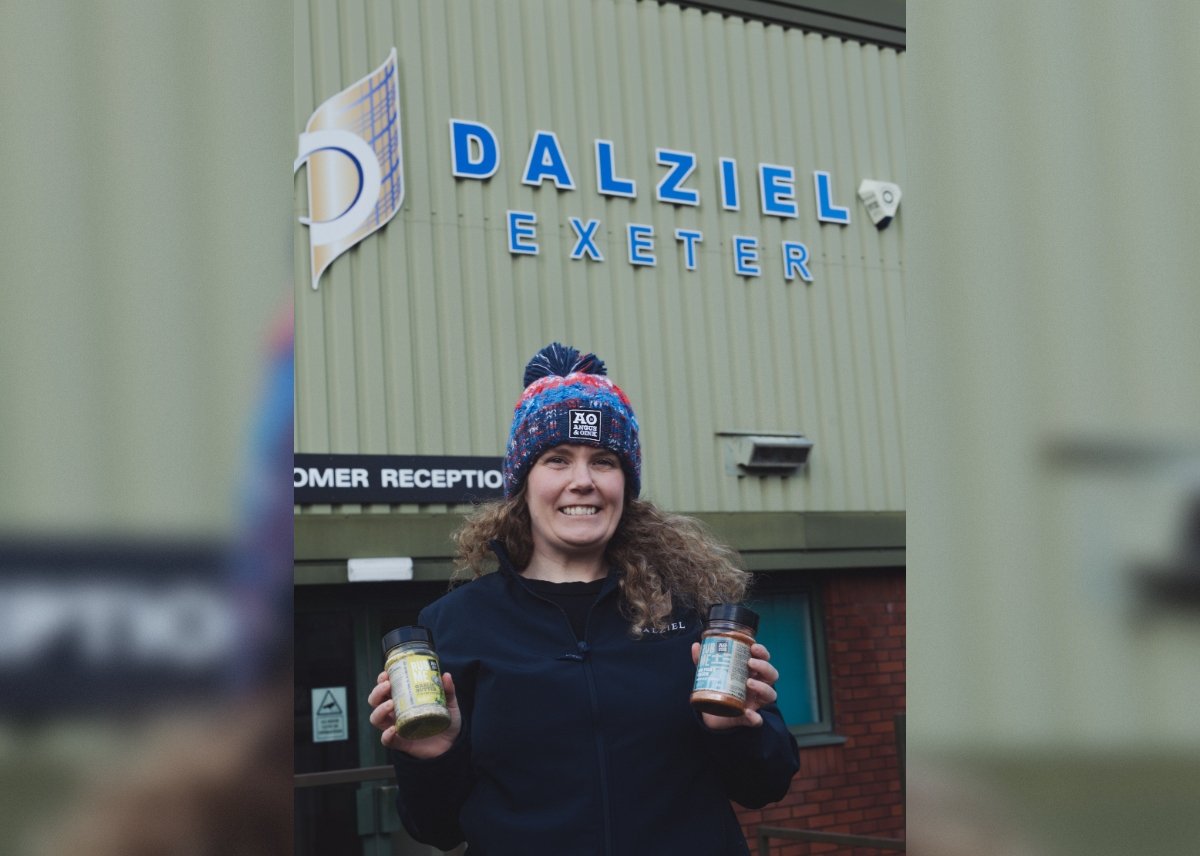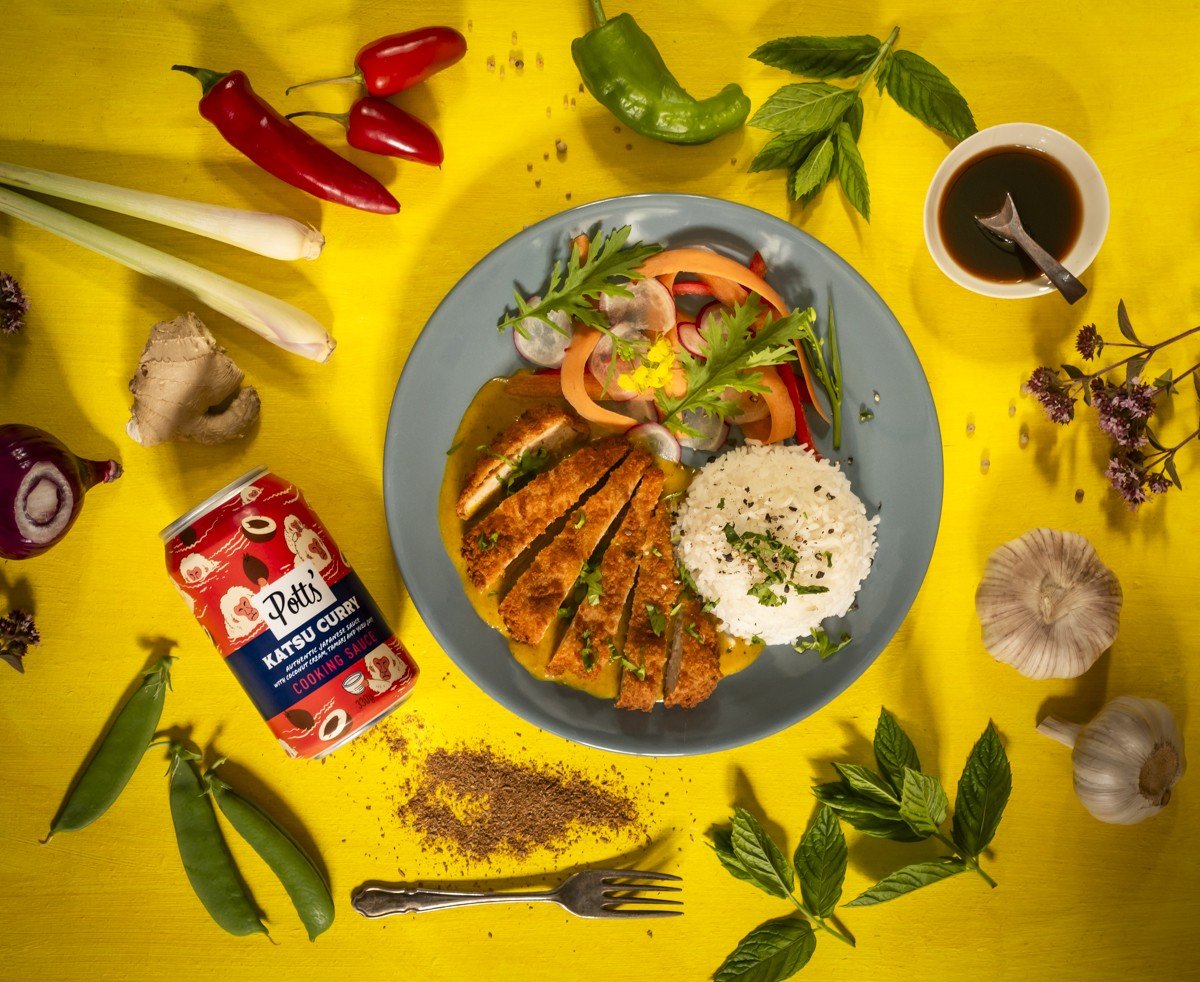Industry leaders have issued a stark warning that the UK faces shortages of certain foods, flowers, and herbs due to new Brexit import checks set to be implemented this month. The decision by ministers to impose these checks on 30 April has prompted concerns among small suppliers, who fear being driven away by the additional fees.
In the aftermath of the government’s announcement, which came with only 27 days’ notice, small retailers like delis and farm shops have been scrambling to ensure they can continue stocking their shelves. However, some EU exporters have already begun to pull back from the British market, citing frustrations with increased red tape.
Trade associations and food wholesalers have reported that suppliers in EU countries are exploring alternative markets instead of the UK. Since 2020, importers have faced mounting Brexit bureaucracy, including various certificates and licenses. Next month, they will face additional paperwork for animal products, plants, and herbs, along with a new “common user charge” of up to £145 per consignment.
While ministers insist that these measures are intended to cover the costs of new facilities and not generate profit, industry estimates suggest otherwise. The Cold Chain Federation estimates that the government stands to gain £60m from this move, with import costs expected to rise significantly.
In response, industry leaders are calling for a delay in the implementation of border checks, arguing that the current approach risks alienating both EU partners and UK firms. They also criticize the government’s failure to recognize the practical challenges faced by importers, such as the availability of government inspectors and the logistical complexities of overnight deliveries.
You Might Also Like:
No related posts.
The impact of these new controls extends beyond immediate concerns about food shortages. British farmers anticipate an exceptionally poor harvest this year, exacerbating the UK’s reliance on imported food. Additionally, the new import controls will increase costs for farmers importing essential crops like seed potatoes.
Importers of specialised products, such as deli items and flowers, are particularly hard-hit by the new charges. Some European suppliers are already reconsidering their trade with the UK, while others are diverting their produce to alternative markets in Europe.
The broader implications of these changes are deeply concerning, with fears that they will stifle innovation and diversity in the UK market. Ultimately, the government’s approach to border checks risks damaging businesses and undermining the ease of trade that was once a hallmark of the UK’s reputation.


